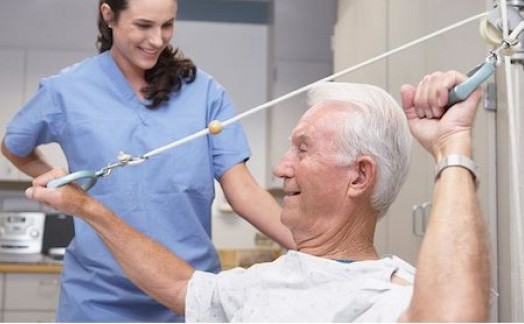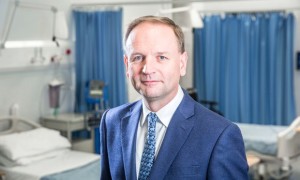
Men with an acquired brain injury, an intellectual disability, or with a history of legal problems pose the highest risk of breaching family violence intervention orders multiple times, a study has found.
In one of the largest studies of its kind, Victoria Legal Aid analysed 15,522 clients who breached family violence intervention orders between 2008 and 2015 to identify trends that might keep victims safe.
Breaches of family violence intervention orders are one of the fastest-growing offences in Victoria, data from the Crime Statistics Agency shows.
By identifying recurring characteristics of those who breached the orders, Victoria Legal Aid hopes lawyers and other service providers can better recognise those people most likely to continue to commit family violence offences despite an intervention order.
The largest group to receive legal assistance for breaches of family violence intervention orders were men aged between 25 and 44.
Twenty three per cent of clients funded for ongoing legal representation were charged more than once with breaching an order. Among this group of 1,043 people, 86% were unemployed, 90% were men, and 27% reported a disability



